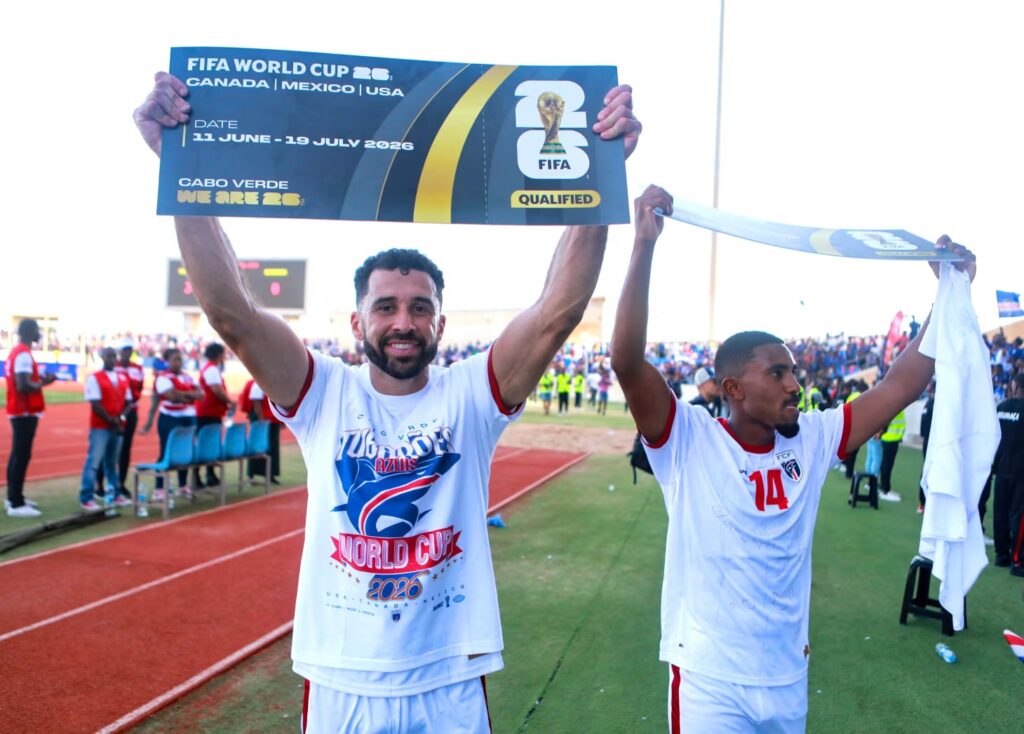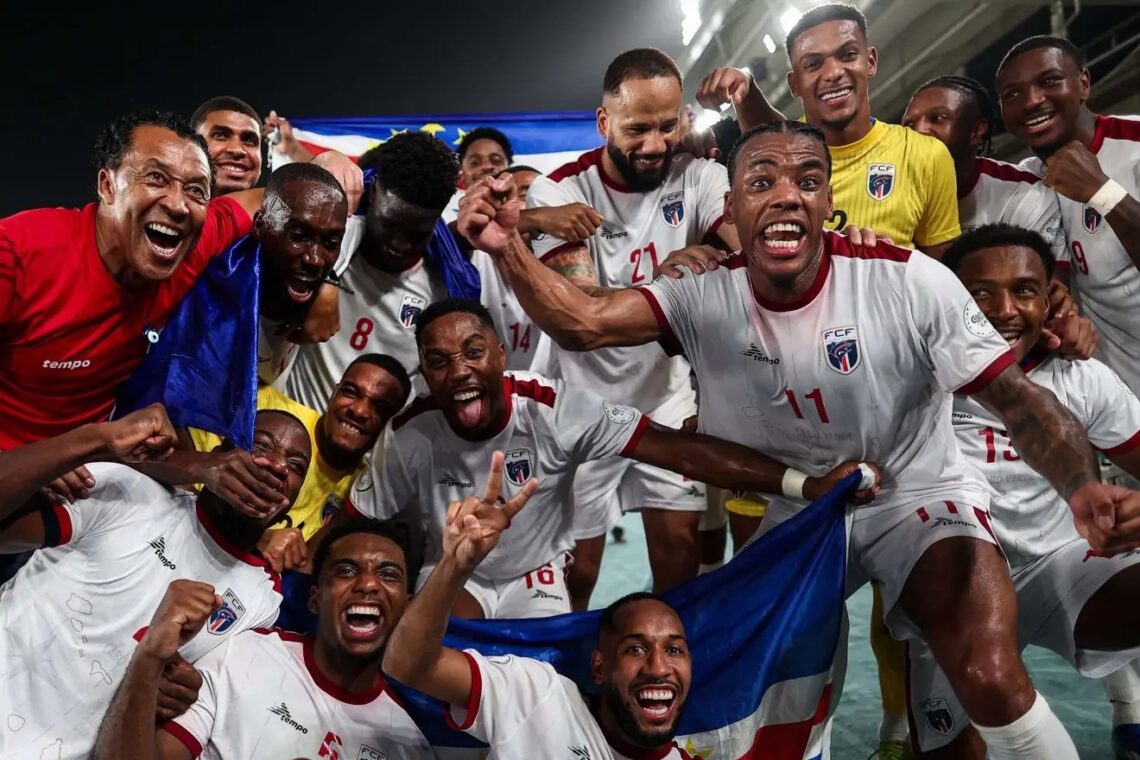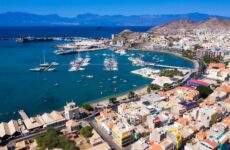Cape Verde goes wild celebrating historic World Cup qualification
When the referee blew the final whistle, the whole of Praia erupted in celebration. Cape Verde had defeated Eswatini 3–0 and, for the first time in history, qualified for the FIFA World Cup. Across the archipelago — from Mindelo on São Vicente to Santa Catarina on Santiago — people hugged, sang the anthem, and waved flags. President José Maria Neves called the day “a defining moment of our nation.”
“This is our second Independence Day,” Neves said during an impromptu speech in central Praia. “We have shown that even a small nation can dream big.”
Celebrations and meaning
After the final whistle, spontaneous parties erupted in the streets. Cars honked, bars played music by Cesária Évora and modern Cape Verdean rappers, and improvised dance circles formed along the seafront. In the capital, a giant screen was set up where thousands of people gathered through the night.
“I was a child when we first made it to the Africa Cup of Nations,” said fan Lúcia Barros. “But this… this is different. This is the world!”
The road to the World Cup
The match against Eswatini had a dramatic course. After a goalless first half, Dailon Rocha Livramento broke the deadlock, followed by goals from Willy Semedo and Stopira. The result confirmed Cape Verde’s lead in Group D ahead of Cameroon and secured a direct ticket to the 2026 World Cup.
The qualifying run had started a year earlier with a win over Liberia and gained momentum after Cape Verde beat Cameroon — a team with five previous World Cup appearances. “That’s when we realized it wasn’t just a dream,” said coach Bubista. “We knew we had what it takes to go all the way.”
The team of the diaspora
Of the 25 players Bubista called up, fourteen were born outside Cape Verde — mostly in Portugal, France, or the Netherlands. The national football federation (FCF) has long relied on the diaspora, which remains closely connected to the islands through language and family roots.
“Our boys speak Creole among themselves, even if they grew up in Lisbon or Rotterdam,” Bubista explained. “When they play for Cape Verde, they know they represent an entire people — not just the islands, but millions of Cape Verdeans around the world.”
Financial challenges and reward
For a country of only half a million inhabitants, football infrastructure is an expensive luxury. The federation operates on a small budget and often depends on private sponsors and FIFA support. For instance, the away match in Libya cost the federation nearly $400,000.
However, participation in the World Cup will change that dramatically. FIFA provides financial assistance worth several million dollars to qualified teams. These funds could improve training centers, stadiums, and youth programs. President Neves has already announced that part of the money will be invested in building a “national football center.”
National pride
For Cape Verdeans both at home and across the diaspora, the achievement has become a symbol of unity. Social media filled with videos from Paris, Boston, and Rotterdam showing people celebrating with island flags.
“When we gained independence, we felt we had become a nation,” said former international Nuno Rocha. “Today we have become a nation that the world can see.”
(Source: The Guardian, 14 October 2025)





